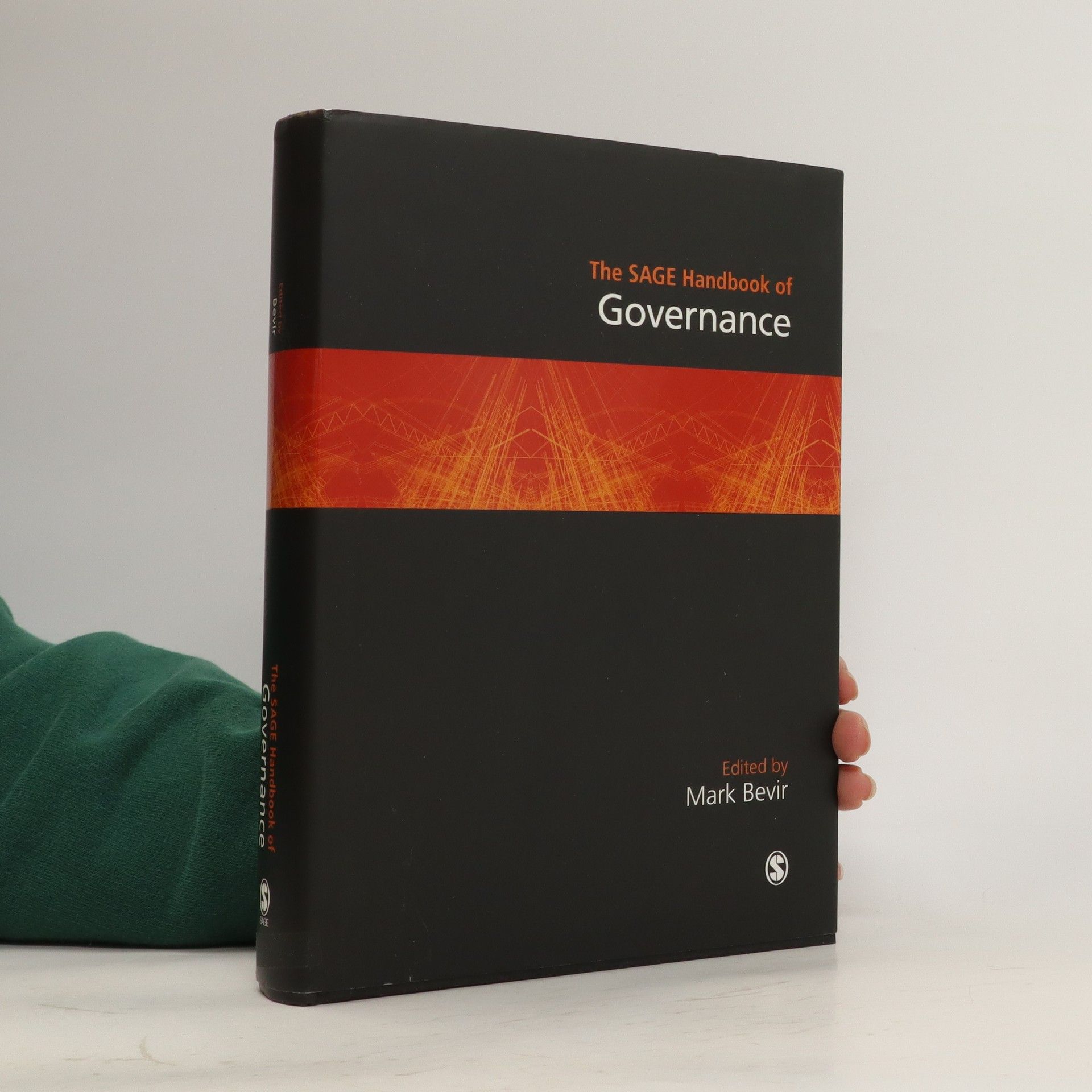This Element denaturalises political science, stressing the contestability and contingency of ideas, traditions, subfields, and even the discipline itself.
Mark Bevir Livres



Generally referring to all forms of social coordination and patterns of rule, the term 'governance' is used in many different contexts. In this Very Short Introduction, Mark Bevir explores the main theories of governance and considers their impact on ideas of governance in the corporate, public, and global arenas.
The SAGE Handbook of Governance
- 576pages
- 21 heures de lecture
This Handbook presents an authoritative and innovative overview of this fascinating field, with particular emphasis on the significant new and emerging concepts and theoretical issues. Divided into four parts, the first explores the major theories influencing current thinking and shaping future research in the field of governance. Part two deals specifically with issues surrounding new theories - the changing role of the state and the emerging function of networks and of alternative domains of governance. Parts three and four then go on to consider the implications for managing governance and recent attempts to rethink democracy and citizenship in ways that are less tied to the formal institutions of the state.